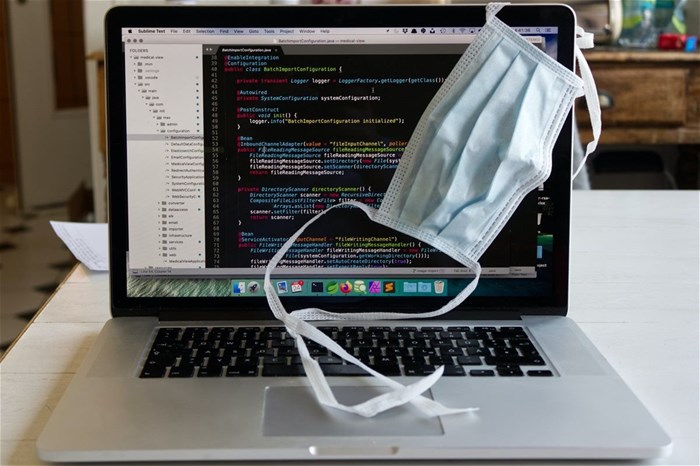
Top stories






LifestyleWhen to stop Googling and call the vet: Expert advice on pet allergies from dotsure.co.za
dotsure.co.za 2 days
More news




















According to Rian Schoeman, head of legal and chief privacy officer at Lawtrust, organisations have to follow certain procedures to ensure the online safety of their staff and operations
“Moving into the technological space offers great opportunities and benefits to organisations, however, without proper cyber risk management and data security, all your assets are left vulnerable,” says Schoeman.
Secured websites are protected with a Transport Layer Security (TLS) certificate. This certificate confirms that the site belongs to the entity it claims to belong and it also encrypts the link between your computer and the website.
To make sure a website is Secure Sockets Layer (SSL) encrypted, make sure that it has a padlock next to the URL.
A VPN can be used to hide your location when accessing the internet and hide your ISP’s actual IP address. This is how people can make it look like they are in the USA when they are actually surfing the internet in South Africa.
So, while VPN has the ability to help you cover your tracks online, it is also used by businesses, especially in lockdown situations to allow their staff to connect to the work network from home, with added security.
This sounds obvious, yet it happens much more than you think. We are not even talking about phishing emails here. Here, we are talking about clickbait, where you will be on a website with an ad at the bottom of the page that seems too good to be true.
These links will take you to websites that will harvest your personal and other computer data through tracking cookies and all sorts of other devices
An anti-virus program is essential for your computer. There are many good programs that are free, but you will only get what you pay for. While most companies will have one for their employees, what about your personal computer?
A good, personal anti-virus program is well worth spending some money on. Make sure that you choose one with active web monitoring to ensure that you do not visit malicious or dangerous websites. Read the reviews and choose one of the top-rated ones for private use
Many of us spend much time on our mobile phones and being online; using our mobile phones more than our computer. You need to protect your mobile phone just as much as you protect your computer.
There is good anti-virus software for mobile phones and the benefit of the desktop anti-virus software is that often times, your purchase will include your mobile phone as well. So, with a good investment, you can kill two birds with one stone and protect both devices.
This is not limited to your computer and Facebook accounts, but everything that requires a password. One of the biggest mistakes you can make is to use the password that your router came with, yet many people do that.
Not resetting the router password is a critical error, as different router brands come with standard passwords and there are lists on the internet containing all of them. As such, many cyber-attacks happen directly on the router.